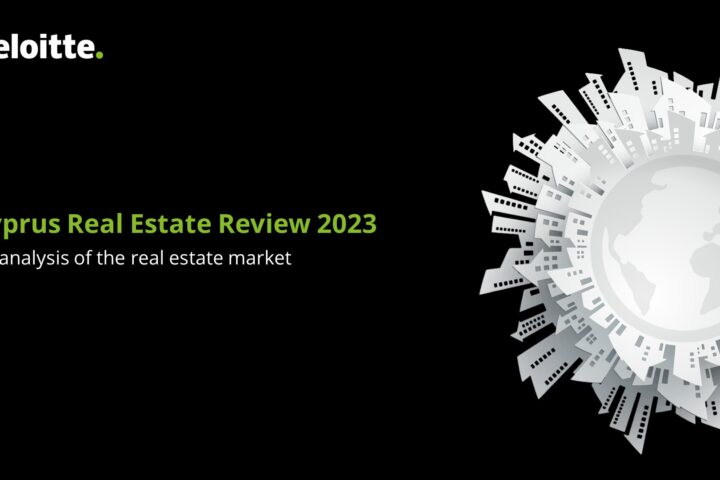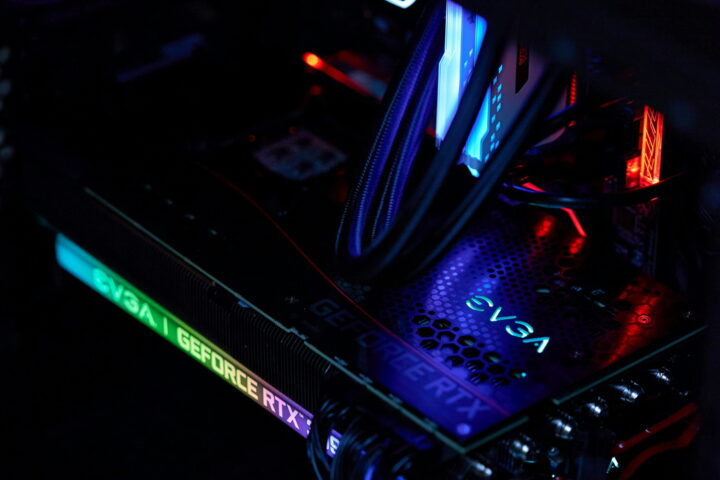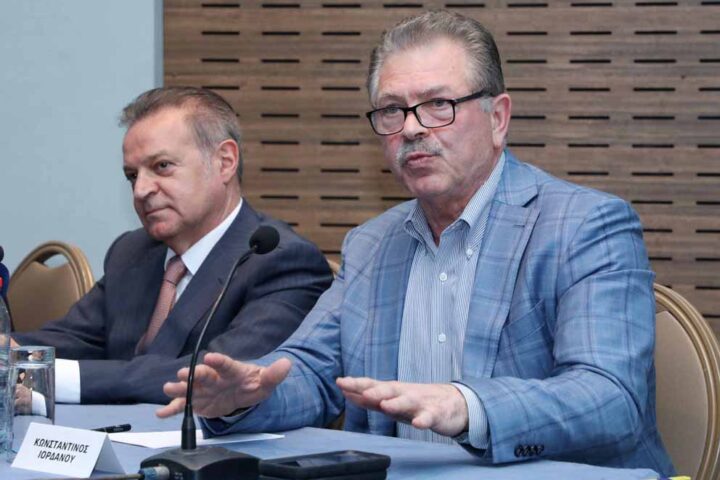Investors in Spain's embattled Bankia can take some comfort from the prior experience of shareholders at Ireland's largest retail bank, Allied Irish Banks.
Bankia now has a negative equity value of 4.2 bln euros ($5.6 bln), according to Spain's bank rescue vehicle, which means the shares are essentially worthless.
But the previous treatment of AIB's shareholders suggests Spain is likely to be successful in convincing the European Union to allow Bankia's existing shareholders to retain a tiny stake in the recapitalised, and newly valuable bank.
In typical corporate rescues, shareholders suffer a total wipeout before any bondholders are touched.
AIB's shareholders were able to cling to a 0.2% interest, however, because its 20.7 bln euro recapitalisation included a 6.1 bln euro "capital contribution" that didn't have any dilutive impact on shareholders.
The measure got through Europe's state aid rules because the shareholders' interest was marginal, and the solution avoided the complexities of full-on nationalization, a source familiar with the situation told Reuters.
By not nationalizing AIB, the deal meant it remained listed on the Irish stock exchange and continues to report financial results in the same way as other listed companies, making the job of eventually finding new investors easier.
Similar reasoning is likely to be employed by the Spanish in convincing the European Commission to allow Bankia's largely retail shareholder base to retain some ownership.
A spokesman for the European Commission's competition directorate declined to comment on the Bankia case on the basis that a decision on the bank's shareholders had not yet been made public.
ITALY, GREECE, BELGIUM CASES
In Italy, shareholders in the country's third-biggest bank, Monte dei Paschi di Siena, have avoided any dilution in the institution's recently approved 3.9 bln euro recapitalisation, because the capital was injected in the form of debt instruments rather than equity.
In Greece, the 18 billion euro recapitalisation shared by its four biggest banks over the summer did not dilute shareholders because it was structured as a bridging measure, which did not grant the state any regular shares.
The EC approved the temporary measures for Alpha Bank , the National Bank of Greece, EFG Eurobank and Piraeus Bank but noted its reservations.
"While such an arrangement could be acceptable as a temporary measure to give some time to find private investors, it would not comply with the remuneration and burden-sharing principles under state aid rules if the bridge recapitalisation were to last over a protracted period," the EC noted in a letter sent to Greece over the summer and published on Nov. 21.
Greece is in the midst of a more permanent banking rescue, which could result in nationalisations in 2013 if the banks cannot convince investors to stump up fresh cash.
Elsewhere in Europe, other shareholders have suffered the obliteration that usually comes with nationalisation.
Shareholders in Ireland's Anglo Irish Bank, whose equity value peaked at 13 bln euros in May 2007, were left with nothing following the bank's 4 bln euro recapitalisation and immediate nationalisation in January 2009.
The wipeout was announced less than a month after a plan that would have recapitalised Anglo to the tune of just 1.5 bln euros, which have left shareholders with some of their equity intact.
The government said the stronger measures were needed, because Anglo's position had "progressively weakened" after revelations of "unacceptable corporate governance practices". The bank had artificially boosted its customer deposits by more than 7 billion euros by putting money on deposit with another Irish bank and having that bank re-deposit the cash with Anglo.
Anglo ultimately needed another 25.3 bln euros of state money, on top of the initial 4 bln euros.
On the Franco-Belgian front, investors in ailing Dexia voted last week to accept the near-nationalisation of their group when it gets its next 5.5 bln euros of rescue money.
The shareholders were faced with choosing between having their collective ownership diluted to just 1.9% of the bank (from their current 30.4%) or acquiescing to the immediate liquidation of the bank.
Geert Lenssens, a lawyer who represents a number of minority shareholders, described it as "a choice between syphilis and gonorrhoea, between the guillotine and the electric chair, between the plague and cholera".







